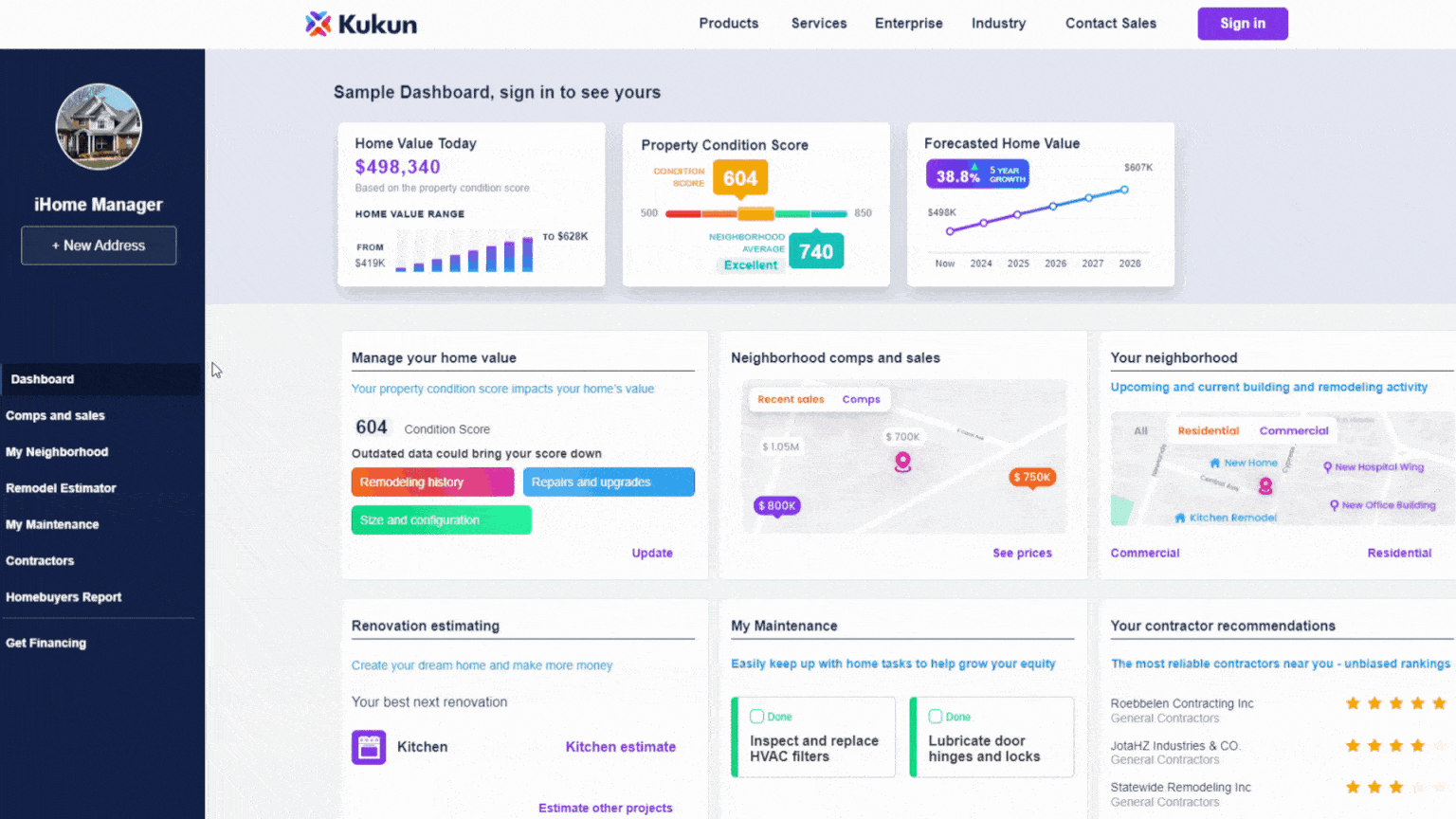The Impact of Dual Agency on Home Sale Prices: A Comprehensive Analysis
Updated Thu, May 23, 2024 - 5 min read
The practice of dual agency, wherein a single real estate agent represents both the buyer and seller in a transaction, has long been controversial. That said, this article will show that, in most cases, dual agency hurts the seller and favors the buyer.
The real estate market is characterized by complex transactions involving significant stakes and parties with divergent interests. The real estate agent’s role is to represent the interests of one of the parties to the transaction, either the buyer or the seller. However, dual agency raises questions about potential conflicts of interest and its impact on the sale price of homes. By representing both the buyer and seller, dual agents face competing loyalties that may influence negotiation outcomes and, consequently, sale prices. In this article, I will argue that, on average, dual agency results in a lower sale price and harms the interests of the seller. However, in any particular case, either party can be harmed. The only person who consistently benefits is the realtor.

Literature Review
Existing research on dual agency provides mixed findings regarding its impact on home sale prices. That said, more studies suggest that dual agency is associated with a lower sale price. While it is obvious that the seller and buyer have conflicting interests, it is less obvious why the realtor would, on average, sacrifice the seller’s interests to the buyer’s. To understand why the buyer benefits more often than not, one can apply a simple principle: In any negotiation, the side that can more easily walk away has the stronger position. The realtor nearly doubles his commission by keeping the buyer from walking away, so a small price decline to keep the deal together benefits the realtor.
In “The Impact of Dual Agency” by Jarl G. Kallberg et al., the authors look at dual agency transactions in Hawaii before and after the passing of legislation mandating that clients be informed of the issues surrounding dual agency. They found that both before and after the legislation was passed, dual agency was associated with lower sale prices though the effect was smaller after the legislation.
However, in “Is Dual Agency in Real Estate Transactions a Cause for Concern?” by Vrinda Kadiyali, Jeffrey Prince, and Daniel H. Simon, the authors did not find a robust effect on home price when looking at transactions in Long Island NY from 2004-2007; however, this paper suggests that dual agency is, nonetheless, something that can produce bad outcomes because the dual agent can lean on the buyer and seller to make concessions based on his first-hand knowledge of the prices they are willing to accept. This informational advantage can result in a realtor increasing his listing price just before his “perfect buyer” comes to see the house, for example. Moreover, as this paper coincides with the lead up to the 2008 financial crisis, its results might not apply: If everyone is overpaying for homes, then it makes sense you aren’t finding an discount effect.
While papers differ, most find that dual agency results in a lower sale price while others find no effect—and almost none see it resulting in a higher sale price on average. Virtually every published paper, however, acknowledges the informational advantages a dual agent has over his clients. So, while it appears dual agency hurts the seller on average, in any particular instance it can harm the buyer as well. Both buyers and sellers should be careful.
Eight States Ban Dual Agency
The following states ban dual agency on the rather intuitive grounds that one cannot represent two parties whose interests naturally conflict: Wyoming, Alaska, Vermont, Colorado, Florida, Maryland, Texas, and Kansas. These states don’t seem to take a side in the debate regarding which of the two parties is hurt more by dual agency. They simply point out that buyers and sellers have conflicting interests and leave it at that.
Let's connect, and see how we can help you stay ahead of the market.
Contact us
Factors Influencing the Impact of Dual Agency
Several factors may influence the relationship between dual agency and home sale prices. Market conditions can significantly impact negotiation outcomes. For example, if supply is limited, then dual agency is less likely to reduce the sale price as the buyer is less able to walk away from the transaction. Similarly, if the market is flooded with inventory, the agent might be more desperate to keep him “on the hook” and agree to an even steeper discount. The harm done by dual agency can vary with the market.
Dual Agency Can Affect Disclosure
Buyers may face challenges in obtaining full disclosure when working with a dual agent. A regular buyer’s agent is not that concerned with which particular house he sells him, as long as he sells the client one eventually, and so is more likely to disclose issues. A dual agent, however, will lose half of his commission if he has to find a different buyer, who most likely will be represented by someone else. As a result, a dual agent has more incentive to hide concerns about the home. Buyers should avoid agreeing to dual